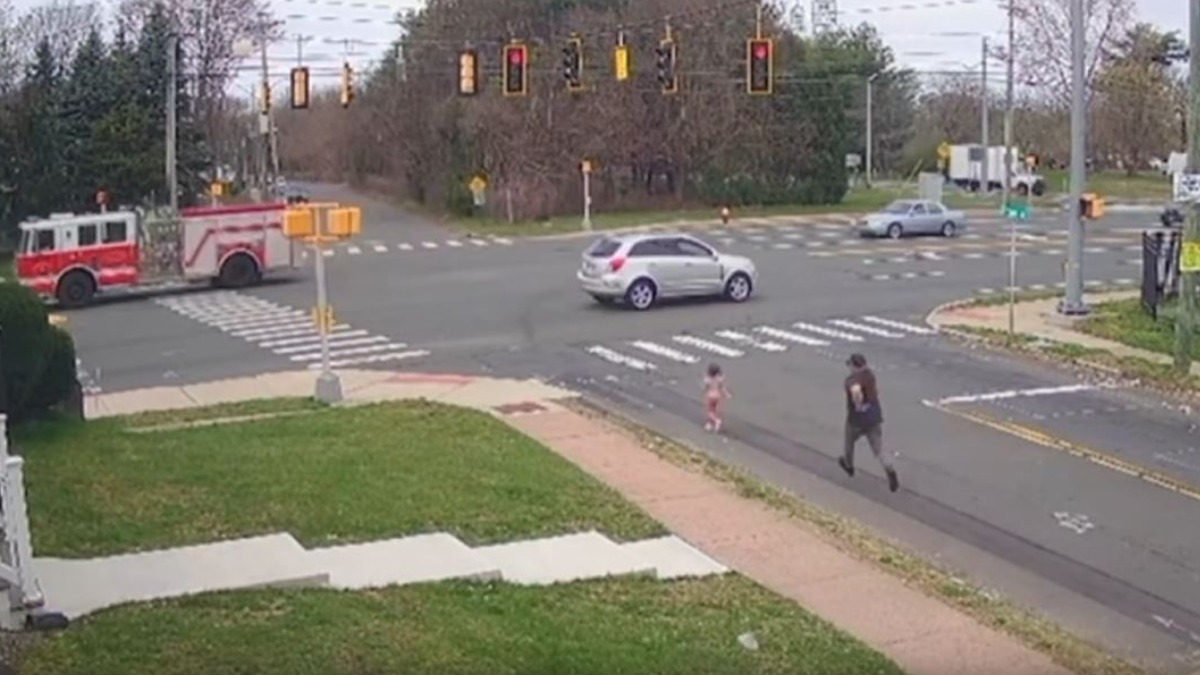With his signature Thursday, Gov. Dannel Malloy officially wrapped up his second huge policy win during the legislative session. He had been pushing "Second Chance Society" and criminal justice reform legislation since a speech he gave at Yale Law School in the winter.
"The idea that we got both Second Chance and transportation in one legislation is really quite remarkable," Malloy said, after signing the bill. "If you talk about accomplishments in a session, this is about as good as it gets."
The Second Chance Society legislation approved during the Special Session eliminates mandatory minimum sentences for minor drug possession and places a one-year cap on such prison sentences. The new also expedites both the pardons and paroles processes for nonviolent offenders.
"We have to understand that some people make small mistakes and some people make much larger mistakes. Violent crime, for instance, is a plague in many parts of our state and many parts of our nation," Malloy said.
The proposal had bipartisan support and never faced any sort of organized opposition.
Top Senate Republican Len Fasano praised the legislation and the process that led to it.
"This is the kind of good policy that gets developed when both sides work together," he said.
Local
It's estimated that about 500 people are in the custody of the Connecticut Department of Correction due to minor drug possession without intent to sell.
Representatives from the ACLU of Connecticut say the Second Chance measure will reduce that number and increase the offenders' overall legal and health outcomes.
"What we’re going to see is the prison population continue to drop and public safety get better and better," said David McGuire, the policy and legislative director for the ACLU of Connecticut. "So this is going to make our criminal justice system smarter in terms of who’s getting out and when they get out, and who needs to go to prison and who needs to get treatment."
The state budget was crafted with built in-savings from the Department of Correction that accounts for fewer inmates as a result of the Second Chance Society bill.
Malloy wouldn't rule out the future closure of a state prison.
"As violent offenders do longer terms but as we change our approach to non-violent offenders... there will be the occasion for us to close some additional beds, and I expect that that’s going to happen," he said.



